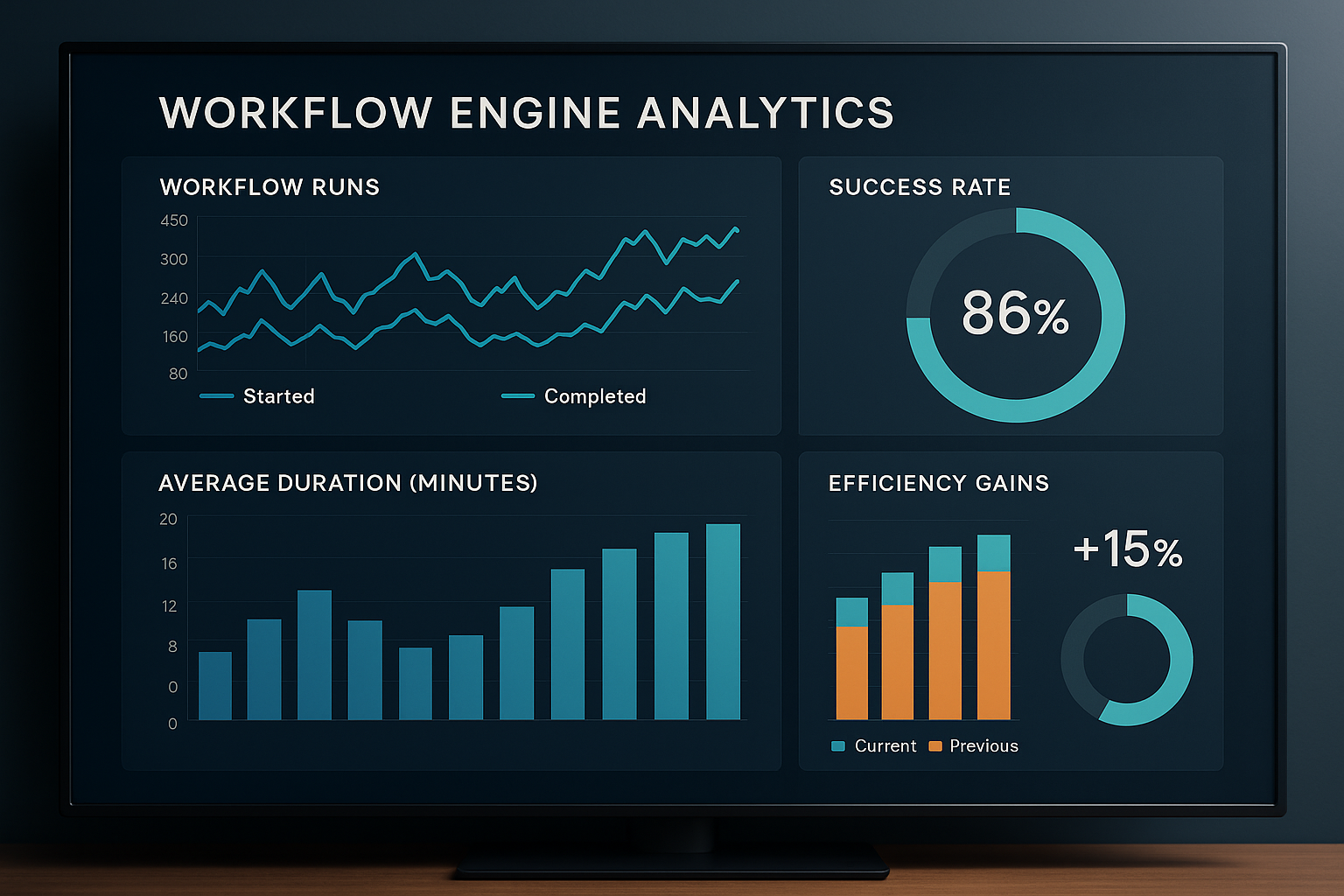Master Workflow Engine Pros and Cons for Success
Unlocking the potential of a master workflow engine could be the key to streamlining your business operations, and by exploring various options, you can find the perfect solution that aligns with your goals.

Understanding Master Workflow Engines
A master workflow engine is a sophisticated software solution designed to automate and streamline business processes. By orchestrating various tasks and managing complex workflows, these engines enhance operational efficiency and reduce manual intervention. As businesses strive to optimize their processes, understanding the pros and cons of implementing a master workflow engine becomes crucial.
The Pros of Master Workflow Engines
One of the primary advantages of utilizing a master workflow engine is increased efficiency. By automating repetitive tasks, businesses can significantly reduce the time and effort required for manual processes. This automation leads to faster task completion and allows employees to focus on more strategic activities.
Moreover, workflow engines offer enhanced visibility and control over business processes. Managers can monitor workflows in real-time, identify bottlenecks, and make data-driven decisions to optimize performance. This transparency ensures that projects stay on track and meet deadlines.
Another significant benefit is improved collaboration. Workflow engines facilitate seamless communication and coordination among team members, regardless of their location. This connectivity fosters a collaborative environment, promoting innovation and problem-solving.
Cost savings also play a vital role. By reducing manual labor and minimizing errors, businesses can lower operational costs. Additionally, many workflow engines offer scalable solutions, allowing companies to pay only for the features they need, which can lead to significant savings.
The Cons of Master Workflow Engines
Despite their many benefits, master workflow engines come with certain challenges. One notable drawback is the initial cost of implementation. Businesses must invest in software licenses, training, and potentially new hardware, which can be a significant expense for smaller companies.
Complexity is another concern. Implementing a workflow engine requires careful planning and expertise. Without proper setup and configuration, businesses might not fully realize the potential benefits. Therefore, companies may need to hire specialists or consultants, adding to the overall cost.
Additionally, there is a learning curve associated with these engines. Employees must adapt to new processes and tools, which can temporarily disrupt productivity. However, with adequate training and support, this challenge can be mitigated over time.
Real-World Applications and Examples
Many industries have successfully integrated workflow engines to enhance their operations. For instance, in the healthcare sector, workflow engines streamline patient management, reduce paperwork, and improve patient care quality1. Similarly, in finance, these engines automate loan processing and compliance checks, ensuring accuracy and speed2.
Financial Considerations and Pricing
When considering the implementation of a master workflow engine, it's essential to evaluate the financial implications. Pricing varies depending on the features and scalability of the solution. Some providers offer subscription-based models, allowing businesses to pay monthly or annually. Others may require a one-time license fee. It's important to browse options and conduct a thorough cost-benefit analysis to determine the best fit for your organization.
Exploring Specialized Solutions
For businesses looking to explore specialized workflow solutions, there are numerous resources available. By visiting websites of leading providers, you can access detailed product information, customer reviews, and case studies that highlight successful implementations. This research will help you make informed decisions and select a solution that meets your specific needs.
In summary, while master workflow engines offer substantial benefits in terms of efficiency, collaboration, and cost savings, they also present challenges related to cost and complexity. By weighing these pros and cons and exploring various options, businesses can unlock the full potential of workflow automation and drive operational success.